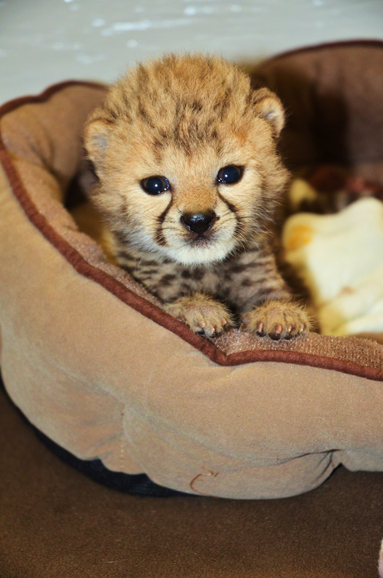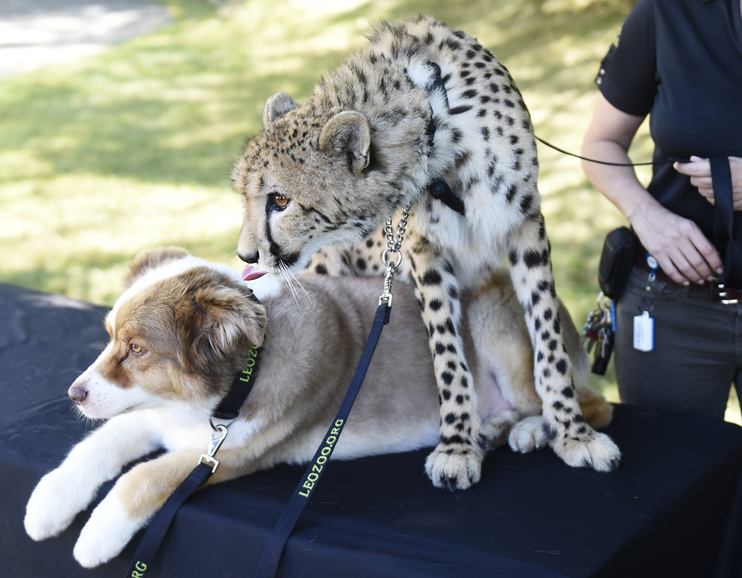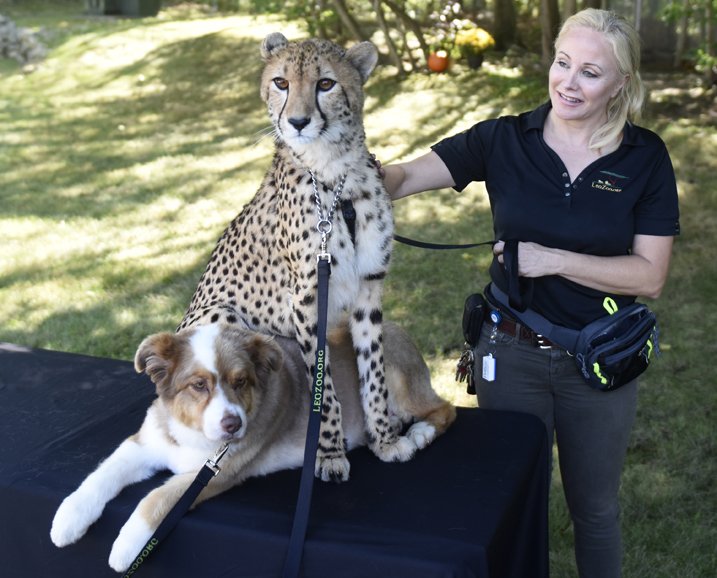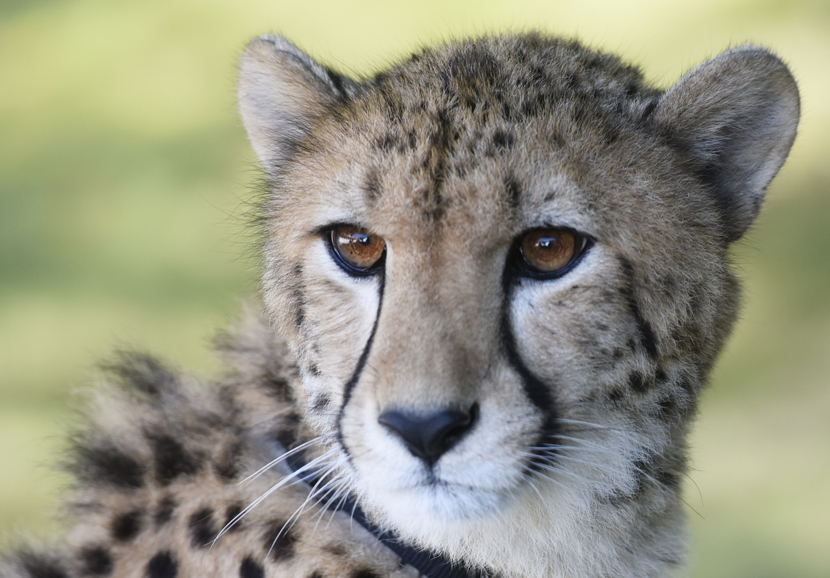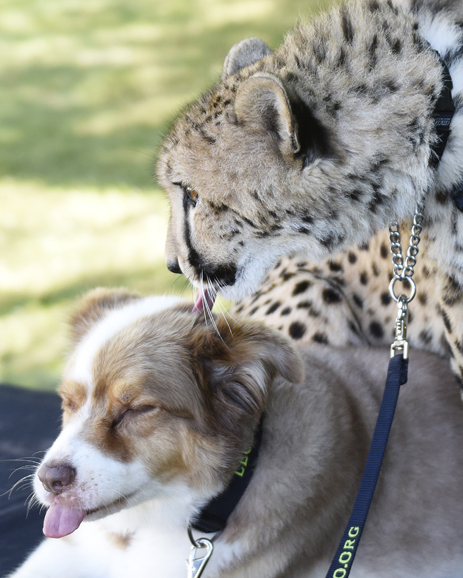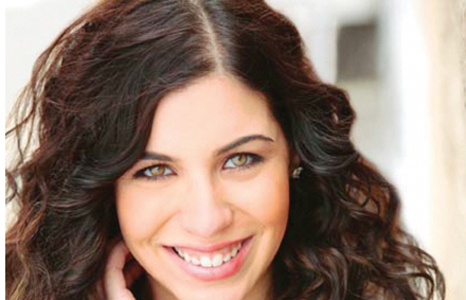You associate Greenwich with tony shops, elegant eateries, boating, polo and, well, quiet money — lots of it.
But what about Thomson’s gazelles, two-toed sloths and toco toucans? Or how about giant anteaters, armadillos and orangutans?
Enter the LEO Zoological Conservation Center, a nonprofit, off-exhibit, accredited breeding reserve in Greenwich, dedicated to saving “the rare and endangered animals of today for the people of tomorrow.” The center does this through captive breeding programs for zoological populations, captive bred for wild release programs, conservation-based research, youth education and educational outreach. Since its founding in 2009 by conservationist Marcella Leone, the Lionshare Educational Organization (LEO) has had remarkable success with its breeding program, despite the challenges. Two years ago, the center announced the record-tying birth of eight cheetah cubs that carry the rare, recessive king cheetah gene, characterized by thick black stripes down the back and splotches on a pale field instead of spots on yellow. They were born appropriately enough on what was Labor Day that year, Sept. 1.
This was no mean feat as cheetahs have lost 90 percent of their population in the last 100 years. (Indeed, there are fewer than 7,500 in the wild worldwide.) King cheetahs are extremely rare, with reportedly fewer than 30 in the world. Compounding the problem of the cheetah’s survival is the reality that females are solitary creatures, notoriously picky about their partners.
Nonetheless, mom Mona Lisa got it on with dad Michelangelo, and the result was the litter of eight. For the well-being of mother and babies since female cheetahs have only six teats, five cubs were cared for by their mother while three were reared in the center’s nursery. Some of these cubs have made their way to zoos across the country to inspire animal lovers. And some have remained at the Greenwich facility to augment the current breeding program.
But the cheetah isn’t the only success story for LEO — which, oddly enough, has no lions. (The name is a play on Leone, which means “lion” in various languages.)
The center, which boasts approximately 50 species, has seen rare births among the orangutan (endangered, with the birth being the first ever through assisted reproduction technology); the fishing cat (endangered); the mountain bongo (critically endangered); the three-banded armadillo (near threatened); the Thomson’s gazelle (near threatened); the giant anteater (vulnerable), the Brazilian tapir (vulnerable); the two-toed sloth; the Southern vested tamandua; the toco toucan; and others.
Breeding is one half of LEO’s story. The other is education, with Adaeze (the name means “daughter of a king” in Swahili), LEO’s ambassador cheetah, even appearing at Greenwich Polo Club. As the organization notes on its website, “We will only conserve what we love. We will only love what we understand. We will only understand what we are taught.”
For more, visit leozoo.org.

